Your Cart is Empty
Free Shipping on all orders over $75! Plus, free express shipping on select items.
Menu

Free Shipping on all orders over $75! Plus, free express shipping on select items.
Nebulizer Systems
Travel Nebulizers
Nebulizer Accessories
Just For Kids
Oxygen Supplies
How to Prevent Summer Allergies
May 09, 2014 2 min read
Summer may not be as well known for seasonal allergies as the spring and fall, but it still brings many triggers that those with allergies and asthma should avoid.
-
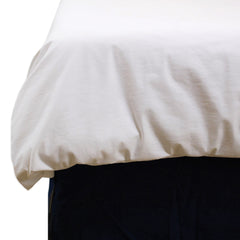 Dust Mites
Dust MitesThese tiny dust-eating pests peak during the summer. They are one of the most common asthma triggers and live in our carpeting, beds, and other furniture.
How to Prevent Them:
Clean! By cutting off the dust mite’s food supply (dust), you’ll get rid of a lot of them. So vacuum your furniture, sweep and mop the floors, launder your sheets, and replace your old air filters. You may also want to get some allergy bedding to keep your pillow and bed dust mite free.
-
Grass & Weed Pollen
Fortunately, trees finish their pollinating in the late spring. Unfortunately, grasses and weeds keep going strong throughout the summer. This includes the ever-annoying ragweed (one of the most common summer allergy triggers) which peaks in August.
How to Prevent Them:
You can’t prevent grass from pollinating (and even if you could, you probably shouldn’t) but you can prevent your exposure to the pollen. Avoid going outside on super high pollen count days. Also, avoid open windows and doors and instead use air conditioning to cool down your home or car. You may also want to consider showering before bed rather than after, to get the pollen off your skin and out of your hair.
-
Stings
No one likes to be stung, but to those who are allergic to insect stings (about 2 million in the US alone) stings aren’t only annoying-- they’re potentially deadly.
How to Prevent Them:
Use insect repellent. Don’t drink directly from open cans (insects like soda too). Avoid brightly colored clothing or sweet perfumes so insects don’t mistake you for a giant, walking flower. And of course if you are allergic to insect stings keep emergency medication stocked and nearby.
-
Mold
Both indoor and outdoor molds are common during the summer and can trigger those with asthma. Molds are especially problematic in humid climates.
How to Prevent Them:
Molds grow in damp areas, so make sure your home is properly ventilated and get a dehumidifier if necessary. Like with pollen, there’s little you can do about outdoor mold. But you can avoid going outside when the outdoor mold count is particularly high (this usually happens when humidity increases). Or if you need to you can always wear a mask.
Subscribe
Sign up to get the latest on sales, new releases and more …

NEW CUSTOMERS SAVE 10% OFF YOUR FIRST PURCHASE OF $20 OR MORE.
Code will be sent to email entered if applicable
SIGN UP FOR FUTURE SALES, NEW PRODUCTS AND ANNOUNCEMENTS
{"themeColor":"#061f77","iconColor":"#061f77","showLogo":true,"topBottomPosition":0,"rightLeftPosition":5,"iconSize":"large","iconCustomSize":64,"position":"middle-right"}
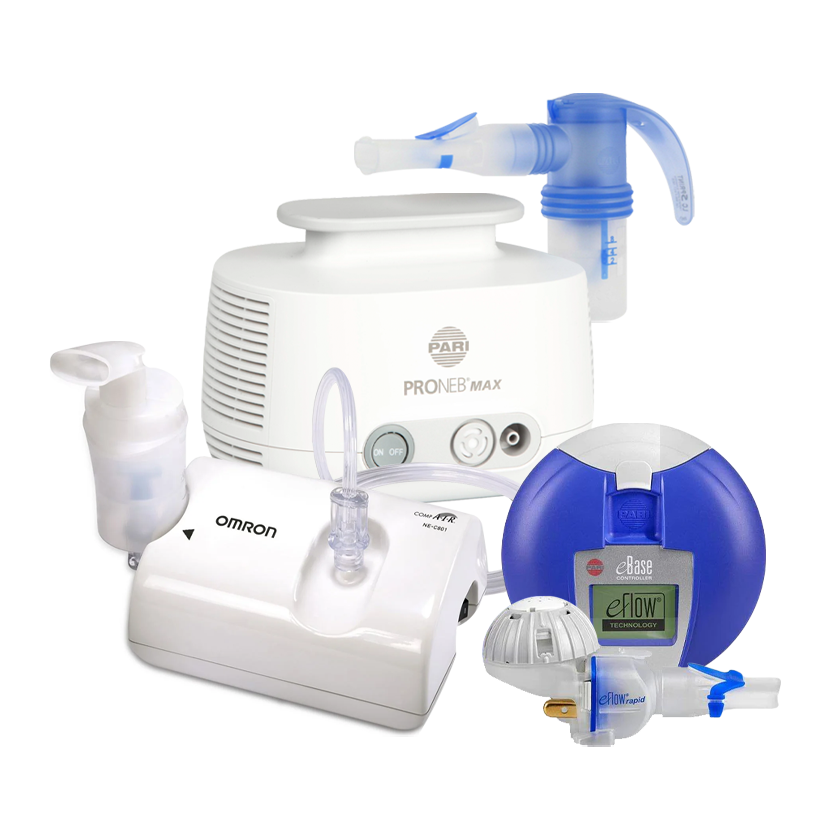
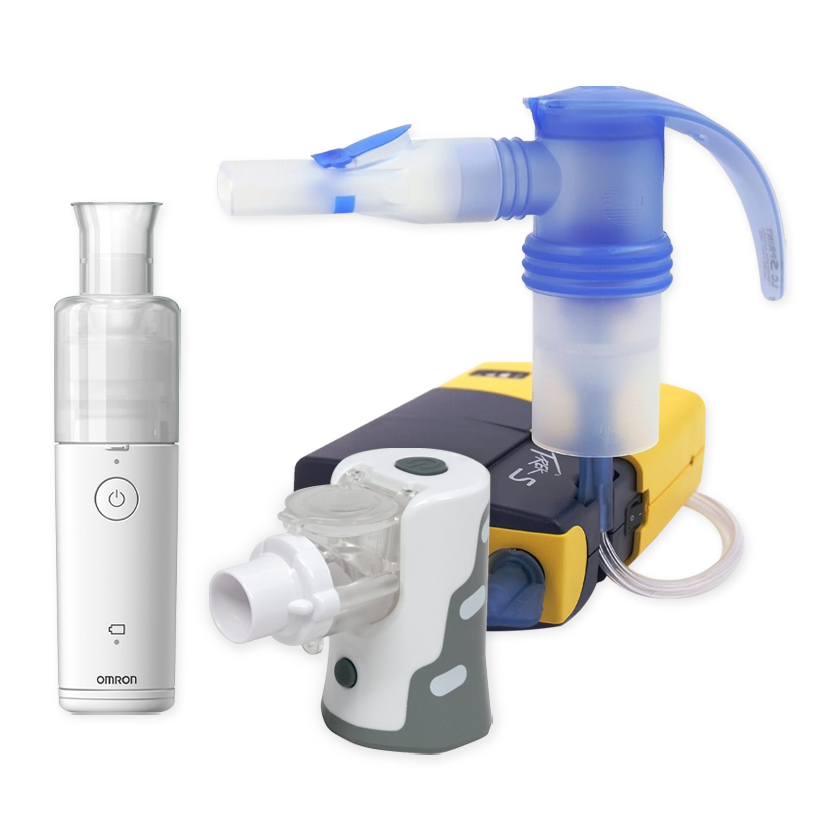
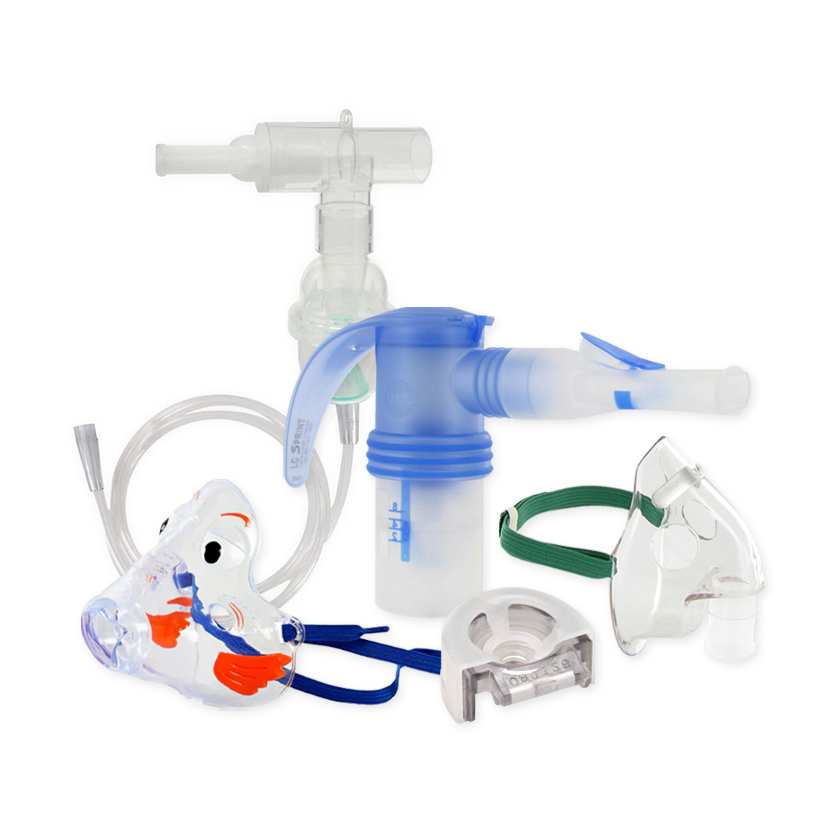
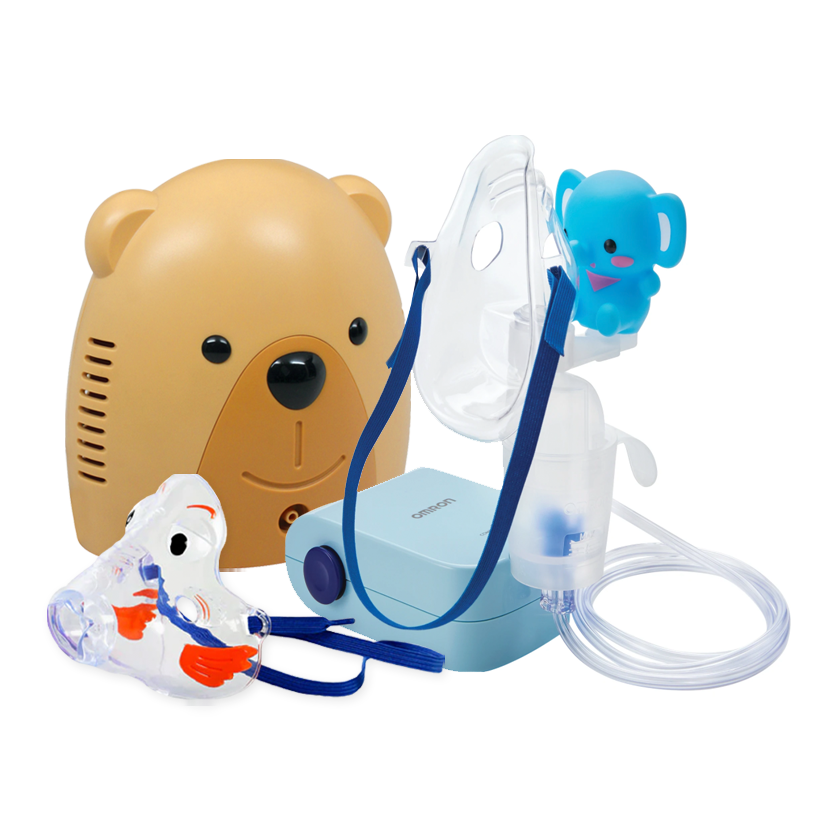
 Dust Mites
Dust Mites